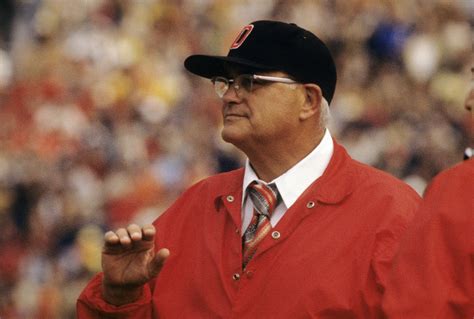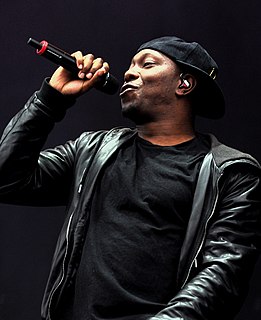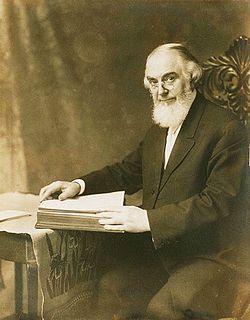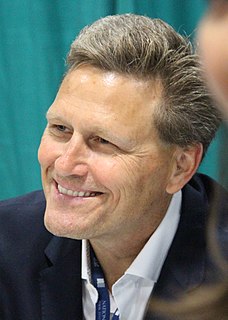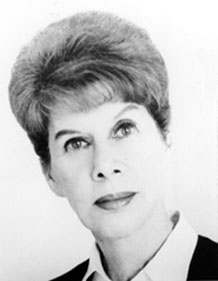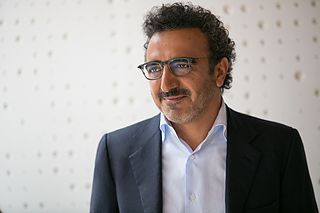A Quote by Ron Chernow
When news of the crash came, probably a lot of people in small towns and farms across America felt a sense of grim satisfaction that the sinners had finally been punished for their wicked ways.
Related Quotes
As a lawyer, as a private citizen, you see a lot of injustice. You see a lot of people who should have been punished and are not, and people who were punished wrongfully are not vindicated. Fiction is sort of a way to set the record straight, and let people at least believe that justice can be achieved and the right outcomes can occur.
You got into these small towns in Pennsylvania and, like a lot of small towns in the Midwest, the jobs have been gone now for 25 years and nothing's replaced them. And they fell through the Clinton Administration, and the Bush Administration, and each successive administration has said that somehow these communities are gonna regenerate and they have not. And it's not surprising then they get bitter, they cling to guns or religion or antipathy to people who aren't like them or anti-immigrant sentiment or anti-trade sentiment as a way to explain their frustrations.

